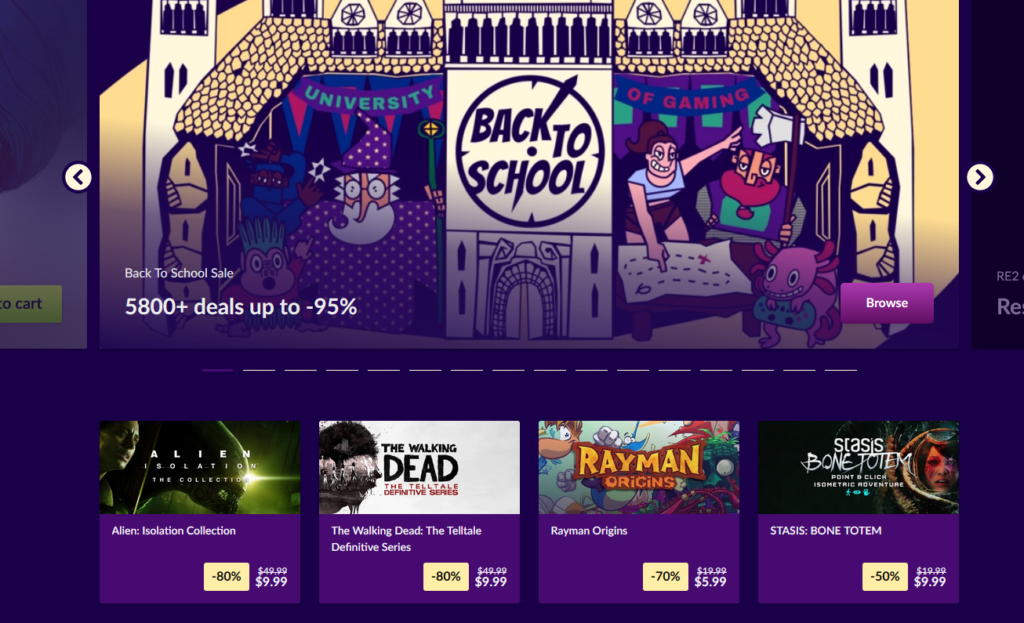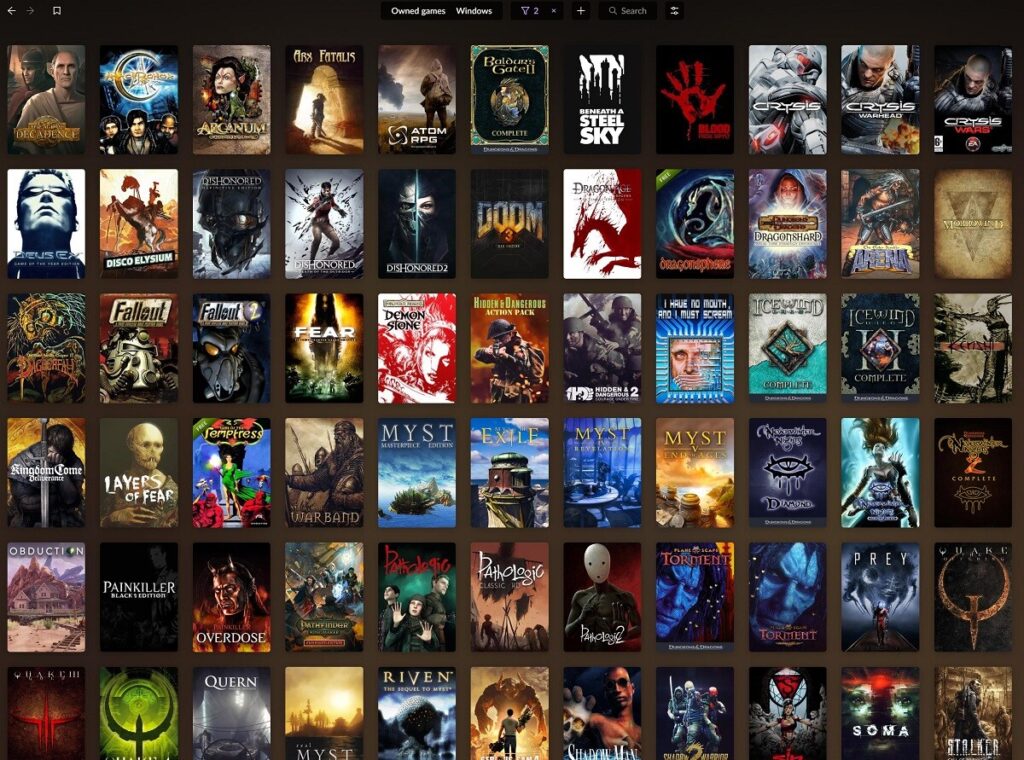The Views or opinions shared here are that of myself, DanVanDam, and not shared with the Website at large.
GOG.com, once a bastion of classic gaming, has seen a noticeable shift in its focus away from newer retro titles. This change in direction has left many fans wondering why the platform, renowned for its commitment to preserving gaming history, seems less inclined to feature contemporary releases. While the exact reasons behind this shift are complex and multifaceted, several key factors likely contribute to GOG’s evolving strategy.

GOG.com, once celebrated for its commitment to preserving gaming history, has seen a noticeable shift in its focus away from newer retro titles. This change in direction has raised concerns among many fans who value the platform’s role in providing access to classic and lesser-known games.
One primary reason for GOG’s departure from newer retro games could be the increasing complexity of licensing and rights acquisition. As the gaming industry has matured, the ownership of intellectual property has become more convoluted. Securing the necessary rights to distribute newer retro games can be a time-consuming and costly endeavor. GOG may have found it more efficient and less risky to focus on older titles, where licensing issues might be less prevalent or easier to navigate.
Additionally, the competitive landscape of digital distribution platforms has undoubtedly influenced GOG’s decision. Steam, Epic Games Store, and other major players have aggressively pursued newer releases, offering competitive pricing and exclusive deals. For GOG to compete effectively in this crowded market, it may have decided to differentiate itself by focusing on its core strength: classic gaming. By specializing in older titles, GOG can carve out a niche and cater to a dedicated audience of retro enthusiasts.
Furthermore, GOG’s commitment to DRM-free distribution might pose challenges when dealing with newer retro games. While DRM-free distribution is a hallmark of GOG’s philosophy, it can sometimes conflict with the licensing terms of more recent titles. Publishers may require certain DRM measures to protect their intellectual property, which could make it difficult for GOG to offer these games on its platform.
While GOG’s shift away from newer retro games might disappoint some fans, it is important to note that the platform continues to serve a valuable purpose in preserving gaming heritage. By focusing on older titles, GOG can ensure that classic games remain accessible to future generations. However, as the gaming industry evolves, it is essential for GOG to carefully consider its long-term strategy and find ways to balance its commitment to classic games with the desire to offer a diverse range of titles to its audience. For me, the lack of newer retro games available on GOG disappoints my overall goal of finding more niche, harder-to-get titles at an affordable price. I would love the opportunity to acquire older CRPGs and have them readily available for my personal use.


